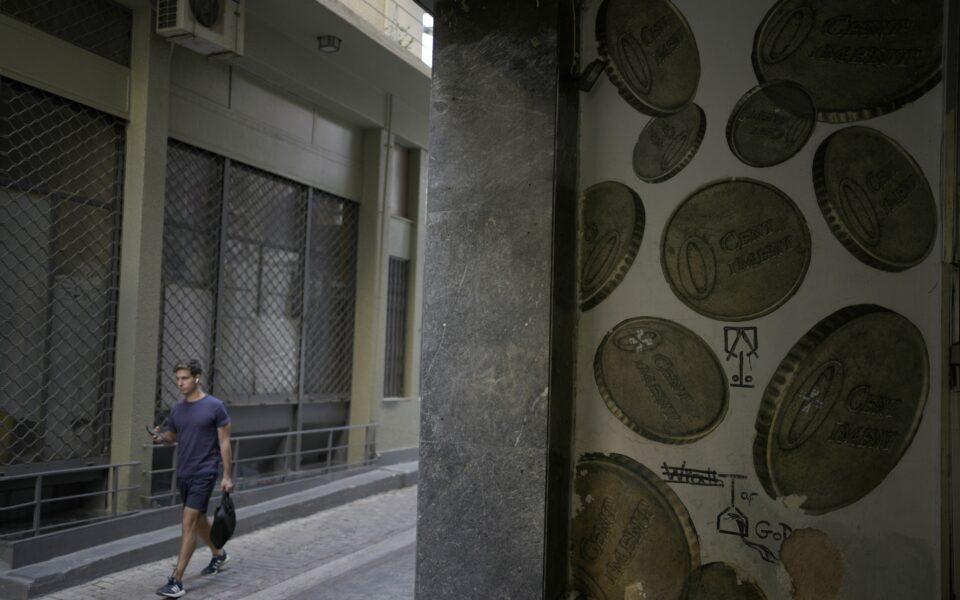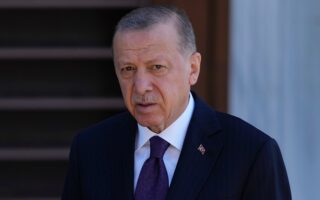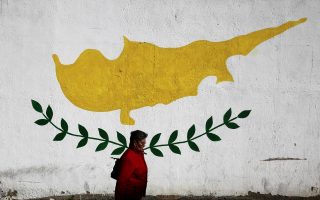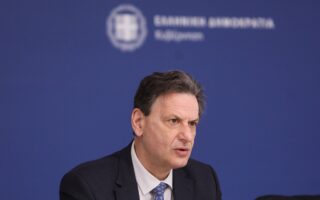Pandemic, inflation widen inequalities

The existence of economic inequalities is a timeless phenomenon, but the figures of the Family Budget Survey based on incomes and expenditures of 2021, announced on Thursday by the Hellenic Statistical Authority (ELSTAT), actually reveal that the second year of the pandemic, with its heavy economic consequences and the onset of the inflationary crisis, widened the gap further.
It appears that what a poor household spends on food in a month a rich household spends on clothing and footwear. The transport costs of a wealthy household constitute 84% of the total monthly expenditure of a very poor household. At the same time, the data show that very poor households rely only on public free education, as in total only 0.9% of their expenditure is directed to education, with leisure and cultural activities coming second.
According to ELSTAT’s findings, the share of average equivalent expenditure (shopping, current prices) of the richest 20% of the population is 5.2 times greater than the share of that of the poorest 20% of the population (up from 4.8 for 2020). Although the distance is reduced to 4.1 times when so-called implicit costs are included in consumption expenditure, which includes goods and services that a household can have from its own production or store, the fact remains that it is still greater compared to the equivalent of 2020 (3.5 times).
Households in the poorest 20% of the population increased their spending compared to 2020 by 2.6%, while households in the richest 20% of the population increased it by 10.7%, with the monthly equivalent expenditure for the former amounting to just 336 euros and for the latter to €1,744.24.
Very poor households spend more than a third of their monthly budget (34.8%) on buying food, while the corresponding share for the richest 20% of the population amounts to just 13.9%. In absolute figures that may be more than double in the second case (€117 versus €243 in terms of equivalent expenditure), but the burden in reality, especially from an increase in food prices, is much greater for poor households. The fact, for example, that this year food prices have increased by 13% poses a question of survival for the economically vulnerable groups of Greek society.





